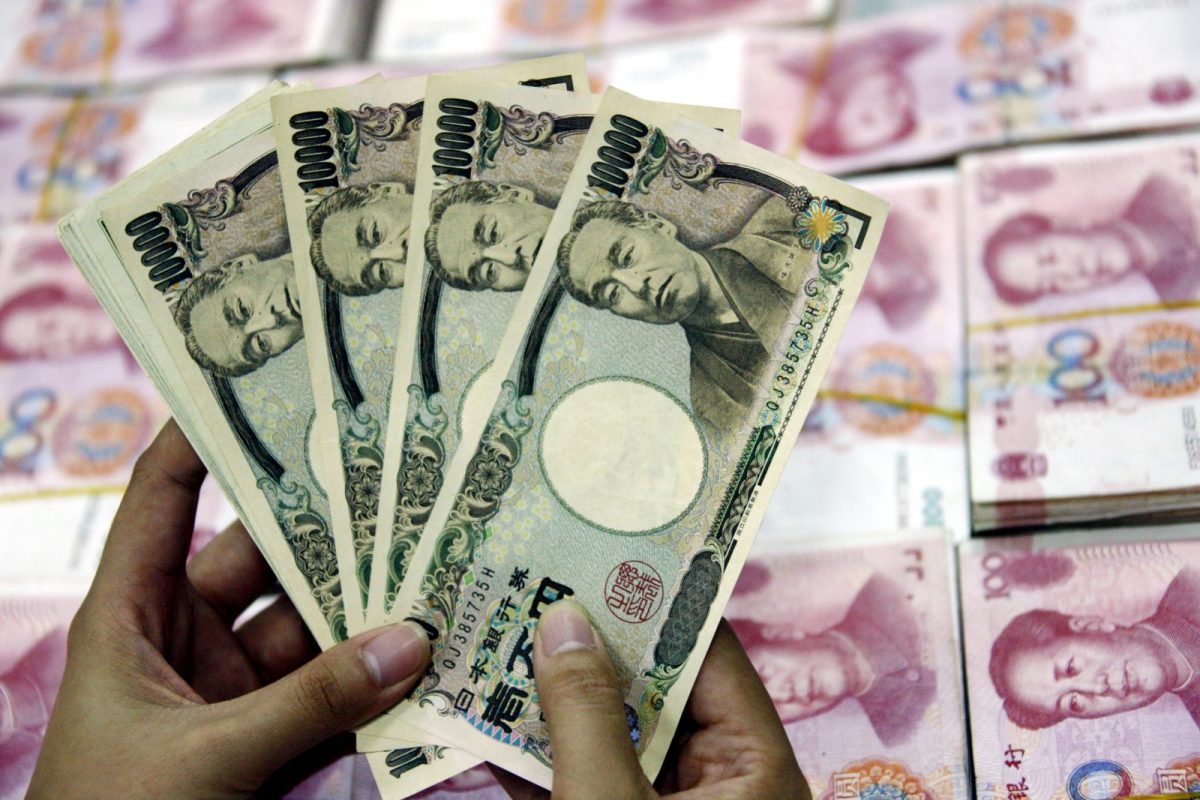The Japanese yen on Thursday dropped to a 20-year low against the US dollar, as the International Monetary Fund (IMF) said its depreciation was due to “fundamentals”.
The currency reached the 135.20 per dollar recorded on January 31, 2002, and a break past that would be its lowest since October 1998.
It is also trading at 143.72 yen per euro, a seven-and-a-half-year low.
The yen has been weighed down by rising interest rates around the world at a time the Bank of Japan (BoJ) remains wedded to keeping policy highly stimulatory, as has Japan’s shrinking current account surplus.
The currency’s recent “significant” depreciation reflects fundamentals, such as market expectations of differing monetary policy paths between the US and Japan, a senior IMF official said on Thursday.
“We believe that the yen’s movements reflect fundamentals,” the IMF’s Japan mission chief, Ranil Salgado, told an online seminar.
The BoJ has announced that it will conduct fixed-rate purchases of Japanese government bonds on every business day because it believes that the move will support economic recovery.
However, S&P Global noted that the decision could effectively fuel further yen depreciation, which, along with higher energy prices, could lead to additional government fiscal stimulus and the expansion of the BoJ’s financial support programme.
- Reuters, with additional editing by George Russell
























